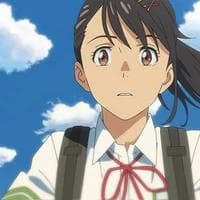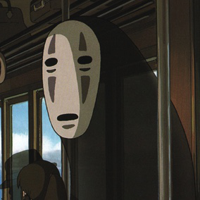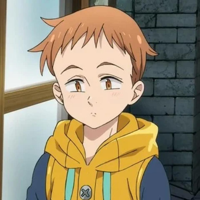Saruogi tipo de personalidade mbti
Personalidade
"¿Qué tipo de personalidad es Saruogi? Saruogi es un tipo de personalidad ISFP en mbti, 4w5 - sp/so - en enneagram, RLUAN en Big 5, LII en Socionics."
I think he's a sp4 (or at least in his tritype somewhere.) 'Self-loathing, remorse and anxiety. I'm not sure if they'll ever leave me. But I want to believe in the people who believe in me - I want to respond to their words. I'm not going to distance myself anymore and I'm not going to avert my eyes. Don't stand around and take advantage of the people waiting on you. Catch up on your own feet. Even if it hurts, even if I'm miserable, move forward to stand next to them.' (chapter 98) >Here we can tell that Saruogi isn't one to self-pity but he still feels a sense of resent towards himself for being somewhat pathetic as he is conflicted with not wanting pity but pitying himself anyways. {Although this Four experiences envy like the other Fours, they communicate their envy and suffering to others less than the other two Four subtypes do. Instead of talking about their suffering, these Fours are “long-suffering” in the sense of learning to endure pain without wincing. These Fours are more stoic and strong in the face of their pain. Envy is less apparent in the Self-Preservation Four because instead of dwelling in and expressing envy, this Four works hard to get what others have that he or she lacks. Instead of hanging out in their longing in a way that prevents them from taking action, they strive to get “those distant things” that give them the feeling of being able to obtain that which was lost. Whatever they get, however, never feels like enough. Self-Preservation Fours do not communicate sensitivity, suffering, shame, or envy, though they may feel all these things and they have the same depth and capacity for feeling as the other Fours. They learn to swallow a lot without complaining. Endurance is a virtue for them, and they hope their self-sacrifices will be recognized and appreciated, though they don't talk about them very much. Like the other Fours, Self-preservation Fours feel a need to suffer in the unconscious hope that this will bring them love and acceptance; but unlike the other two, they suffer in silence. As Naranjo explains, the other two Four subtypes are too sensitive to frustration. They either suffer too much or they make you suffer too much (as a compensation for their suffering). The Self-Preservation subtype is the countertype Four because they go to the other extreme, developing a high capacity to internalize and bear frustration. They make a virtue of resistance to frustration. Self-Preservation Fours demand a lot of themselves. They have a strong need to endure, so they develop an ability to do without. They put themselves in situations that are tough. They test and challenge themselves. One of my clients with this subtype says that she “throws herself into the fire.” These Fours have a passion for effort- they engage in intense activity, and may often appear strained and tense. They may experience distress if their activity level slows down, and they can be compulsive about making efforts to achieve what they need to survive, even if their efforts don't take them anywhere. In some cases, they may not know how to live without the stress and pressure they put on themselves. They don't allow themselves the experience of living in or from their fragility. Just as the (countertype) Self-Preservation Three wants to be seen as successful but displays humility about the work they do because they believe outward displays of vanity make them less worthy of respect, Self-Preservation Fours internalize their suffering and strive to get what they want in a more autonomous way than the other Four subtypes. This Four tends to be a humanitarian with an empathic and nurturing disposition, someone who protests for the sake of others and is sensitive to the needy, the dispossessed, and victims of injustice. This is their way of projecting their pain outward, addressing int through others' suffering instead talking about their own. They try to take care of others' pain or work to ease the “suffering of the world” so they don't have to fully deal with their own suffering.} source: https://www.personalitycafe.com/threads/self-preservation-four-description-according-to-beatrice-chestnut.211242/ >Saruogi also makes sure to stay out of trouble and ends up staying away from friendship groups to avoid any negative feelings due to being left in the past. He declines help and insists on walking himself: "Besides, I'd like to get there on my own two feet" (Chapter 98) - This was also a metaphor for him wanting to come to inner peace with himself without help.
























